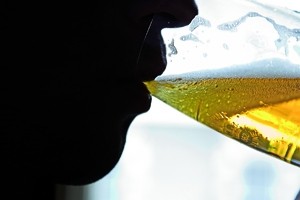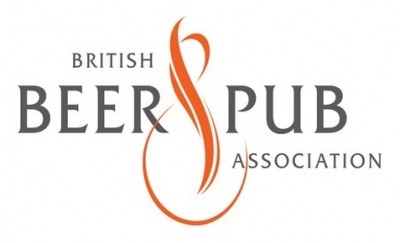Target of cutting 1 billion units of alcohol by 2015 on track

A report on progress made under the Government-backed Responsibility Deal found that between 2011 and 2012 253m units were removed as a result of action by suppliers to reduce the ABV of their products.
In total 1.3bn units of alcohol were removed as the volume of alcohol sold fell by 3% to 69.6m hectolitres, leaving the total number of units at 50.9bn.
According to the Department of Health report, the average ABV of products sold increased by 0.05 percentage points, from 7.26% to 7.31%. The report says this reflects a shift in market share towards higher strength products - wine and spirits - mitigated by an overall reduction in the strength of drinks within product categories.
Changes
Within the overall reduction in units, the report says there have been a number of changes to different categories of drink.
"Between 2011 and 2012, the average ABV of beer, cider and RTD decreased by 0.06, 0.05 and 0.05 percentage points respectively. In contrast, the average ABV of spirits rose by 0.14 percentage points. The average ABV of wine increased slightly by 0.01 percentage points.
"The reduction in average ABV of beer delivered a contribution of 252 million units towards the billion unit pledge. The contribution of cider and RTDs was 51 million and 8 million respectively. Together, these amounted to a 311 million unit reduction. The increase in average ABV for spirits and wine offset this by 42 million and 15 million respectively.
"Average ABV across the market as a whole increased by 0.05 percentage points to 7.31%. This resulted from a shift in market share away from beer and cider towards spirits and wine. The volume of spirits increased by 0.3% and the volume of wine fell by 0.6%. In contrast, the volume of beer and cider fell by 3.7% and 5.9% respectively.
"When shifts between different categories of drink are controlled for, the average ABV decreased by 0.04 percentage points from 7.26% in 2011 to 7.22% in 2012. This generated the reduction of 253 million units of alcohol."
Suppliers
Suppliers that have agreed to the unit reduction pledge include AbInBev UK, Carlsberg UK, Heineken, Molson Coors, Diageo, Pernod Ricard, C&C Group and Marston’s, as well as retailers such as Tesco, Sainsburys, Asda. Changes include ABInBev reducing the ABV of Stella Artois, Budweiser and Becks from 5% to 4.8% abv, and Heineken cutting the ABV of John Smith’s from 3.8% to 3.6%.
David Forde, UK managing director for Heineken, said: “We are very pleased that, together with our fellow brewers, we have been able to deliver our commitment on unit reduction. In 2011, Heineken set an ambitious target to remove 100 million alcohol units from the UK market. We’ve already beaten that target; both through our focus on developing new drinks for the growing moderation segment; and reducing the ABV of John Smith’s and Strongbow.
“Our commitment continues as we expand the choice of zero and lower alcohol options across our portfolio in 2014, so that drinkers are better able to enjoy the right drink for the right occasion without sacrificing taste or refreshment."
A Molson Coors spokesperson said: “Molson Coors recognises that respect for alcohol is essential to its proper, responsible enjoyment. We are committed to developing lower ABV beers, which meet a growing consumer desire for lighter products that fit with changing lifestyles and tastes. We believe our leadership in this area has served as a catalyst for the industry to create more lower-strength beers.”
Great progress
Brigid Simmonds, British Beer & Pub Association chief executive, said: “Our brewers are making great progress in delivering the pledge in two ways. They have adjusted the strengths of certain products, and are also being hugely innovative in bringing new, lower-strength products to market and giving consumers greater choice.
"Innovation in the tax system, with the Chancellor's 50 per cent beer duty discount for beers below 2.8 per cent in strength, has also created an incentive, showing the benefits to be gained by encouraging both producers and consumers with lower taxes for lower-strength drinks like beer.
“Real progress has been made despite the fact that under advertising rules, brewers cannot promote lower-strength products, as they cannot make a virtue of strength. This seems counter-intuitive and we would urge Government to help us to make this change as soon as possible.”
Henry Ashworth, Portman Group chief executive and chair of the Responsibility Deal Alcohol Network, said: “It is good news that producers and retailers have already removed 253 million units of alcohol from the UK market and are on track to remove 1 billion units by the end of 2015. This report shows the first year results of this four year pledge so it is important that we stay focused on continuing this industry-wide innovation.”






